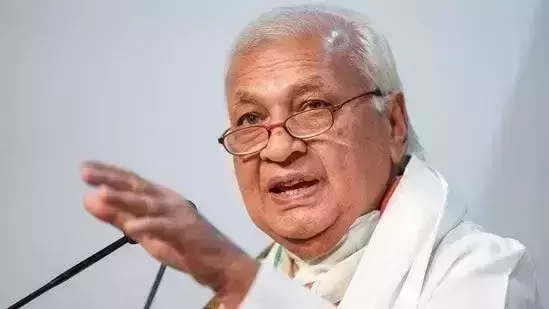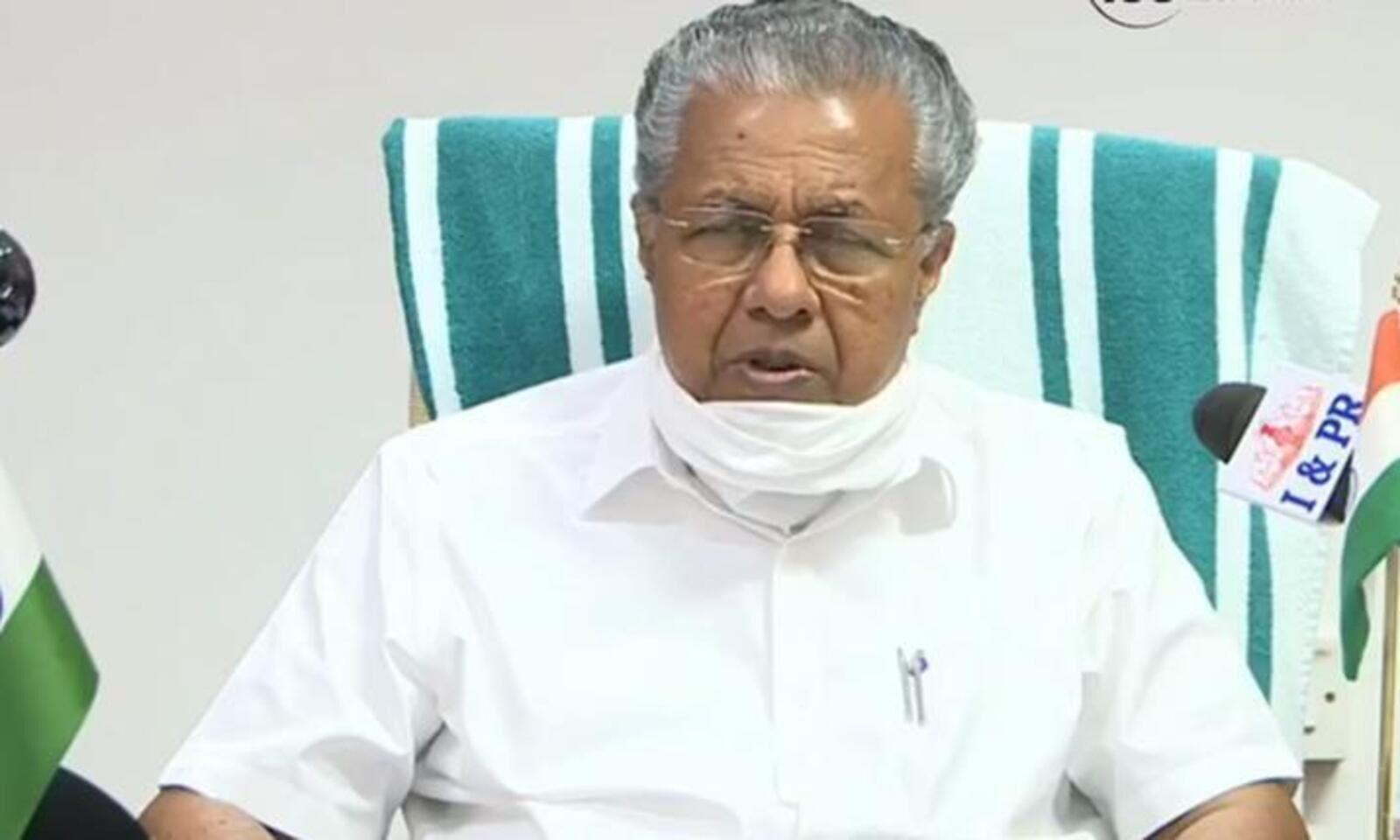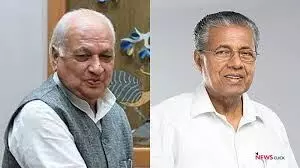
Governor, Chancellor and universities
text_fieldsAlthough there are reports of a slight thaw in the tug-of-war between the Kerala government and Governor Arif Mohammad Khan, it is doubtful whether the fundamental differences of opinion have been resolved. A bill passed by the State Assembly has been submitted to the Governor, who is also the chancellor of the universities, providing for his own removal from the said post. The governor, who strongly disagreed with many of the administrative choices made by the universities, had earlier held press conferences and asked that he be relieved of his position as chancellor. He even offered to sign an ordinance to the effect forthright, if the government proposed it. But later, the disagreements between the two sides escalated into a public war of words. Finally, with the passing of two University Laws (Amendment) Bills last Tuesday by the Legislative Assembly, the Governor is to be removed from the position of Chancellor and replaced with a committee responsible for selecting Chancellors for various universities. If this bill is signed, the governor will cease to be the ex-officio chancellor of theuniversities in the state.
However, indications are that Arif Khan would either return it unsigned or submit it to the President. He had earlier expressed the position that state law cannot prevail over central laws in education which are in the concurrent list of the Constitution. Khan's stand is that it is an established position of law that governors become chancellors of universities in their respective states and the states have no right to change it. Given that he has taken this position now, as opposed to his earlier readiness to sign an ordinance to replace the Governor from the post, it is to be presumed that he is doing it after consultation with legal experts. The bills passed by the Assembly is to the effect of amending the statutes of 14 universities together. The core provision in the legislation is that eminent personages distinguished in various fields would be chosen to serve as chancellor in place of the governor. Although the opposition was in favour of removing the governor, they insisted that there be a single chancellor for all the universities and that the committee to appoint them should include the Chief Justice of the High Court in addition to the Chief Minister and Leader of the Opposition. After partial concessions to and by the Opposition, eventually the bill was passed in which the provision of Chief Justice was replaced with the speaker of the assembly. The opposition argued that this would be equivalent to bringing the universities under the control of the government. If the chancellors are elected by a two-thirds majority of the selection panel, there is little point in including a non-government member in the committee. Such a member will only have an opportunity to express their opinion, and with no chance of influencing the final decision. Even in the case of the selection committee for VCs in the amendment passed by the House earlier, such a majority decision would result in the appointment of VCs at the government's discretion. Instead, it can be overcome by mandating that the decisions of the selecting panels should be unanimous. However, there is a counterargument that asserts that having political leanings can come as a disadvantage and even those with adequate academic credentials could be excluded because of political affiliation. This is a matter to be proved only through experience.
The stipulation that chancellors should be eminent figures in their fields is not necessarily a sound one. The chancellor is not normally vested with the responsibility to be involved in the day-to-day administrative or even academic decisions. Their job involves overseeing the overall administration of the institution and giving leadership to the entire university while upholding lofty governance standards. The very fact that it is an unpaid/honorary post shows the lack of heavy duties involved. In that case, there should be no problem in having a common chancellor for a few universities in the state. It is the government's position that the provision of separate chancellors was included to have the freedom to make appropriate decisions in the future. Regarding the education sector as a whole, including high school sector and higher education, both the government and the opposition in Kerala should work together to create favourable conditions to provide better education and a sense of value to future generations without succumbing to the narrow persuasions of party politics. Everyone's primary goal should be to develop higher education in Kerala, not to limit or oppose anyone.



























